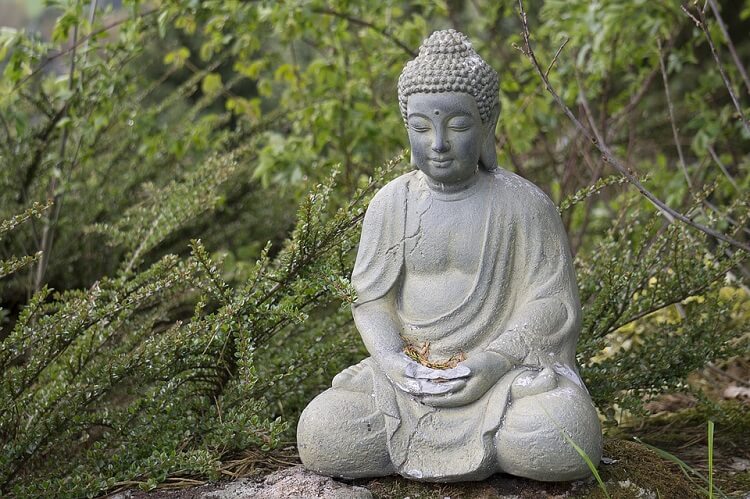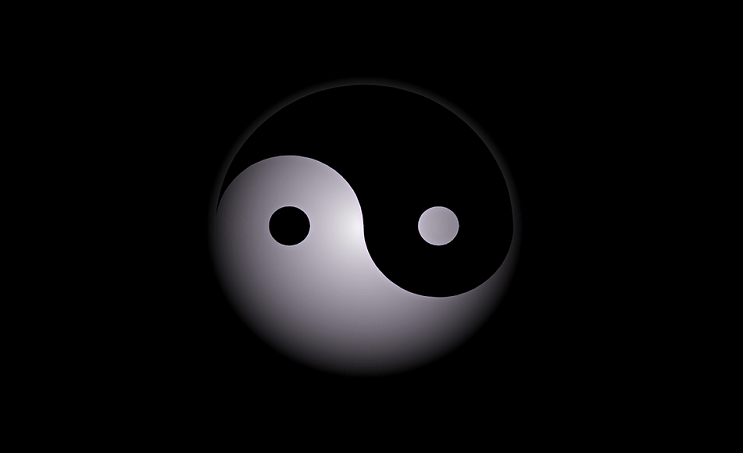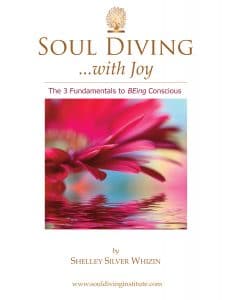We live in a world brimming with tragedy, and dealing with death can be difficult. Even in Buddhism, the religion that believes in reincarnation, many people who face death fear it. The fear of death spans across all cultures. What many people fear the most, however, is not death. Instead, they fear the pain and suffering as they depart from this earthly existence. According to Buddhist beliefs on death, passing from this life does not lead to a final end.
[amazon box=”0975295411″ template=”table”]
Understanding Buddhist Beliefs on Death
The Beliefs Around Death and Impermanence
From Buddha’s teaching, everything exists impermanently, and it will eventually pass away as part of an ongoing reaction of birth and rebirth. The same can be said of humans in the Buddhist beliefs on death. Many times, people cherish their life, and they hope to hang onto it, but the tighter the hold, the faster they feel it ends. In Buddhism, death does not spell the ending of life but a new beginning.
Instead, when a person dies, it means their body dies, but their spirit remains to find things through attachment. As a result, they look for a new life. However, where and how they experience rebirth depends on their actions, whether positive or negative. Buddhists call this karma, which means cause and effect. An individual’s rebirth depends on their past actions.
Realms of Rebirth

Buddhist beliefs on death say that once a person dies, he/she will reincarnate to one of six realms. The possible realms include:
- Heaven.
- Hell.
- Humans.
- Asura.
- Animal.
- Hungry Ghost.
Where a person will be reborn depends on their actions in their past life. Nevertheless, wherever a person will be reborn, it will not be a permanent place, and they do not remain there forever. The Buddhist beliefs on death mean their life will continue on in another form. This occurs because of karma. Nevertheless, Buddhism emphasizes impermanence and how their lives continue into the future.
Grieving in Buddhism
Even with the belief in reincarnation, most people still hurt when a family member or someone close dies. It takes a while to adjust to life without them, and many times, we will miss them as a natural part of the grieving process. When someone we loved dies, it makes us feel pain, but as time passes, we soon come to realize that our own time will soon come.
One of the keys of Buddhist beliefs on death relates to life’s transience and impermanence. The world can seem so empty at the loss of a loved one, and it leaves us desperate because it feels like we have lost someone forever. After a loss, people tend to ache because of sadness and grief.
Story with the Buddha and the Dead Child
In one Buddha story, a woman came to him in great despair. She carried the body of a dead child and pleaded to spare the loss of her child. Instead of bringing the child back to life, Buddha replied, bring me a mustard seed from a home where death never happened, and I will resurrect him. The woman tried desperately to find a seed like this from one of the houses. However, she did not find a place with a seed like this. Still, the woman realized how death was a part of human nature because, in every home, someone had died.
Karma: How It Works

According to Buddhist beliefs, everything in our lives occurs because of karma. The belief in karma is that all actions will spin the wheels to create new karma. That karma and action can be created through speech, mind or body. Every action will leave the subtle imprints on our minds, which will have the opportunity to reach fruition in future events.
This could lead to future suffering or happiness, but it depends on if the action caused a negative or positive outcome. In Buddhist beliefs on death, when you make others happy, you will feel happy. However, those who create suffering will experience the same whether it happens now or the next life. Buddhists have come to define this concept as the Law of Cause and Effect or the Law of Karma.
What the Dalai Lama Says About Karma

The 14th Dalai Lama says that cultivating good karma means taking good actions. Taking positive actions prepare us for our deaths. When you don’t put foot to the path of evil deeds, keep your mind and heart pure, and you do not harm, kill, lie or involve yourself in sexual misconduct, you do much better. Also, abstaining from drugs and alcohol will have a positive effect on your karma because it keeps you from behaving foolishly and making poor life choices.
As a Person Dies
When a Buddhist sees they are dying, they often request the assistance of a nun or monk in their tradition to help with the transition and make the death more peaceful for a better rebirth. Before and during the moment of death, the monk will read Buddhist scriptures, prayers, and chants. According to Buddhist beliefs on death, this chanting can be heard by the deceased, and Buddhists believe it brings relief to the dying. Buddhist masters often say the moment of death and how the consciousness felt will be paramount to their rebirth.
The specifics of a death will depend on the sect of Buddhism. For example, Mahayana Buddhism prays for the dead even 49 days after they have passed from this realm. The rebirth will depend on the spirit. Sometimes it takes 3 days, sometimes 21 days, sometimes 49 days and some spirits take up to seven years for rebirth. Are you struggling with the loss of a loved one or did you overcome it? If so, leave a comment below about how you coped with it, and maybe it will help others going through grieving.





